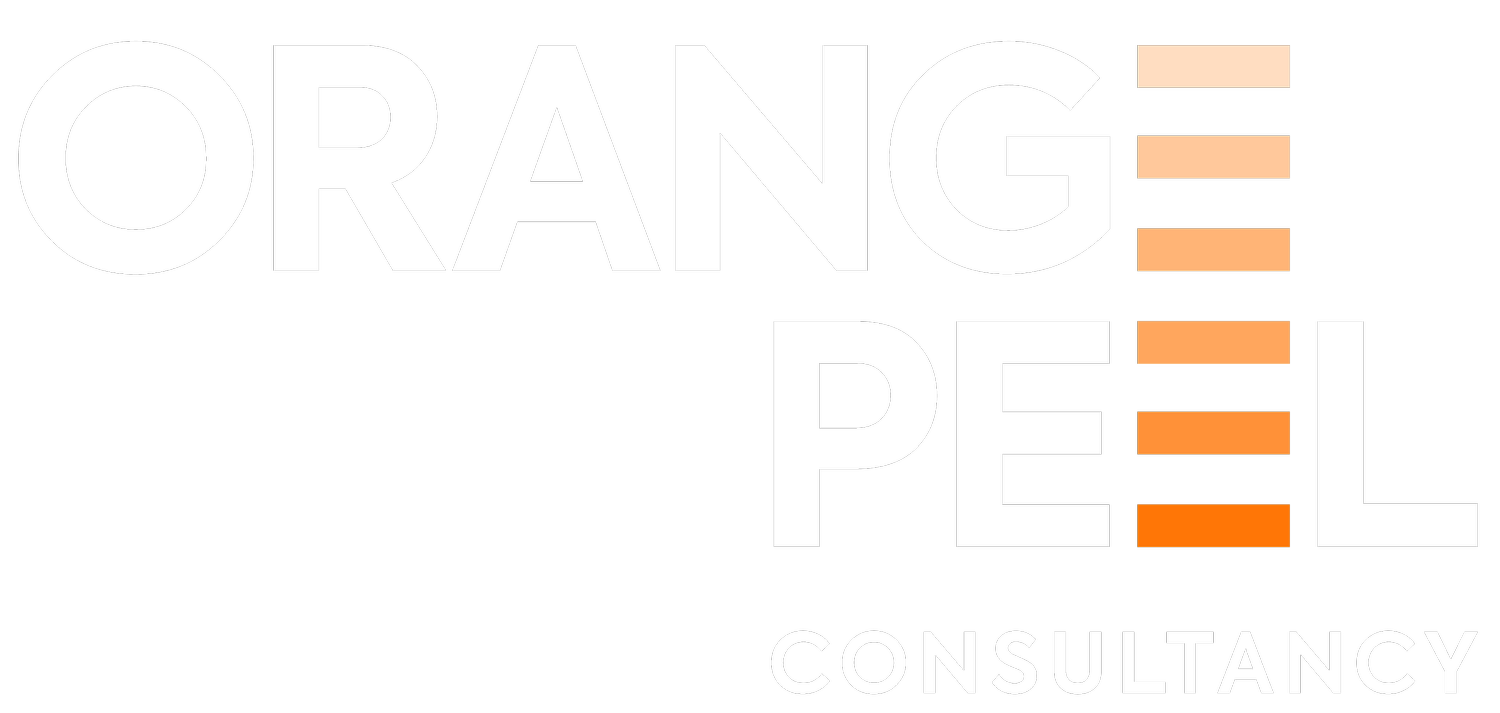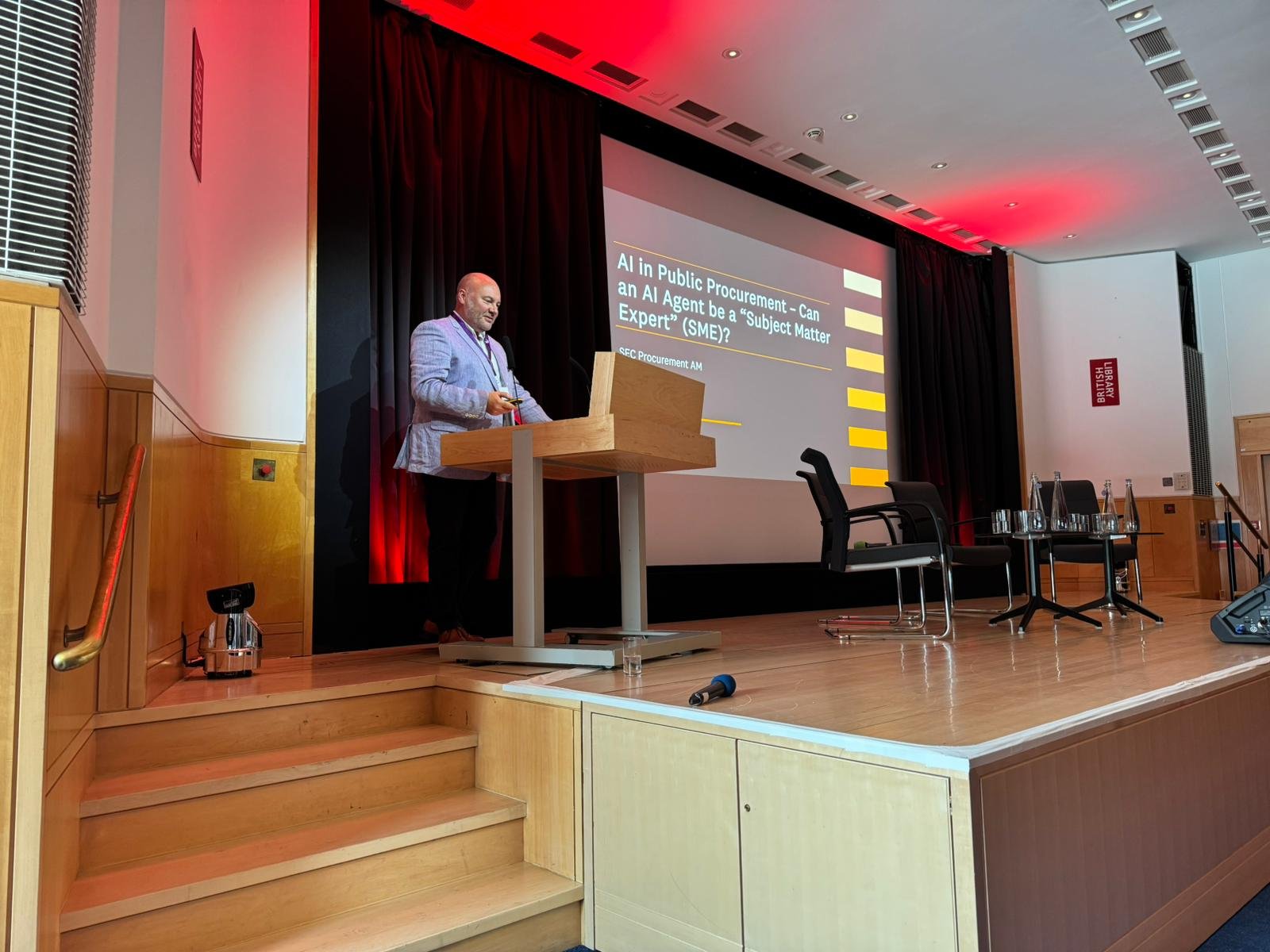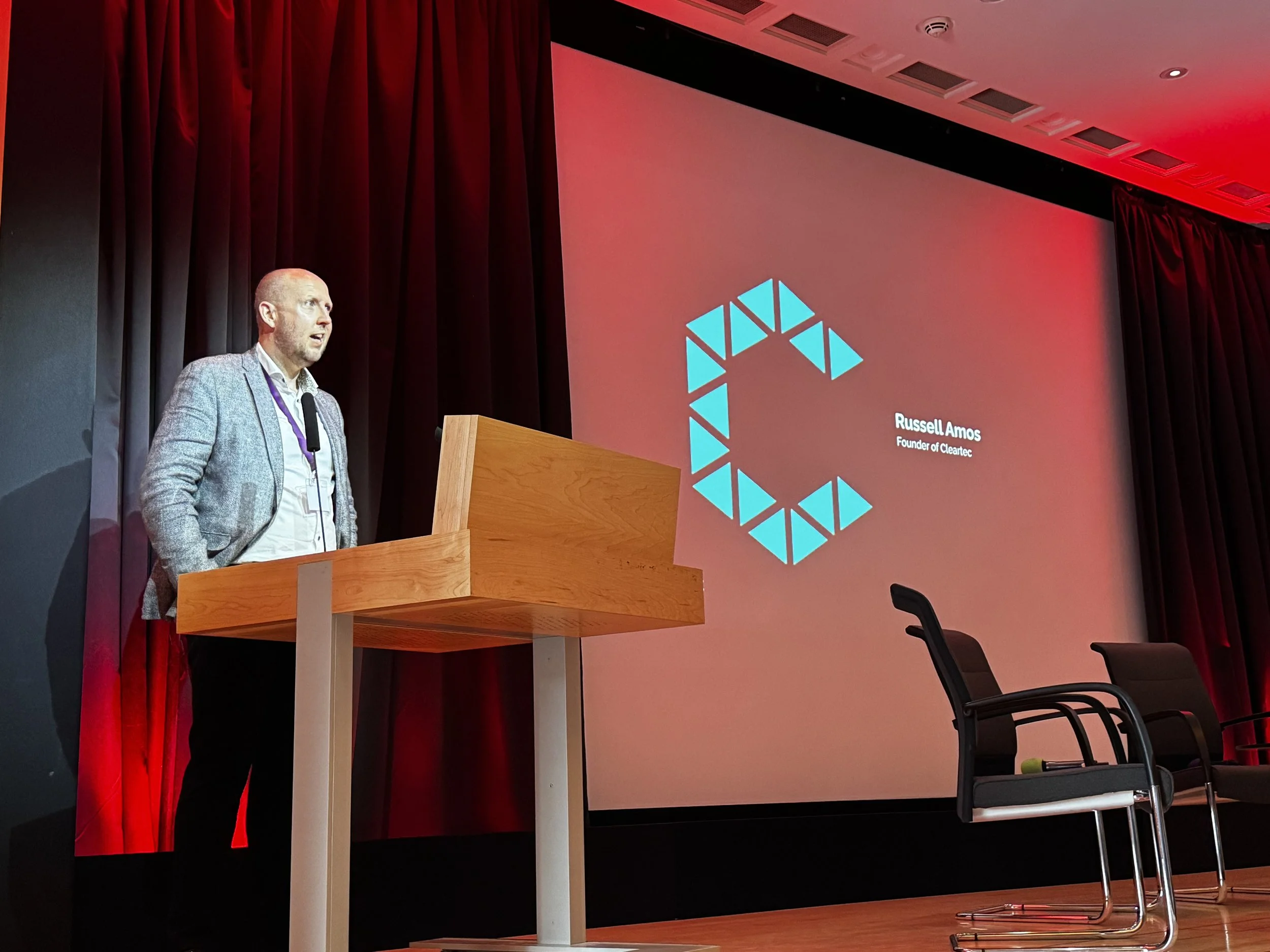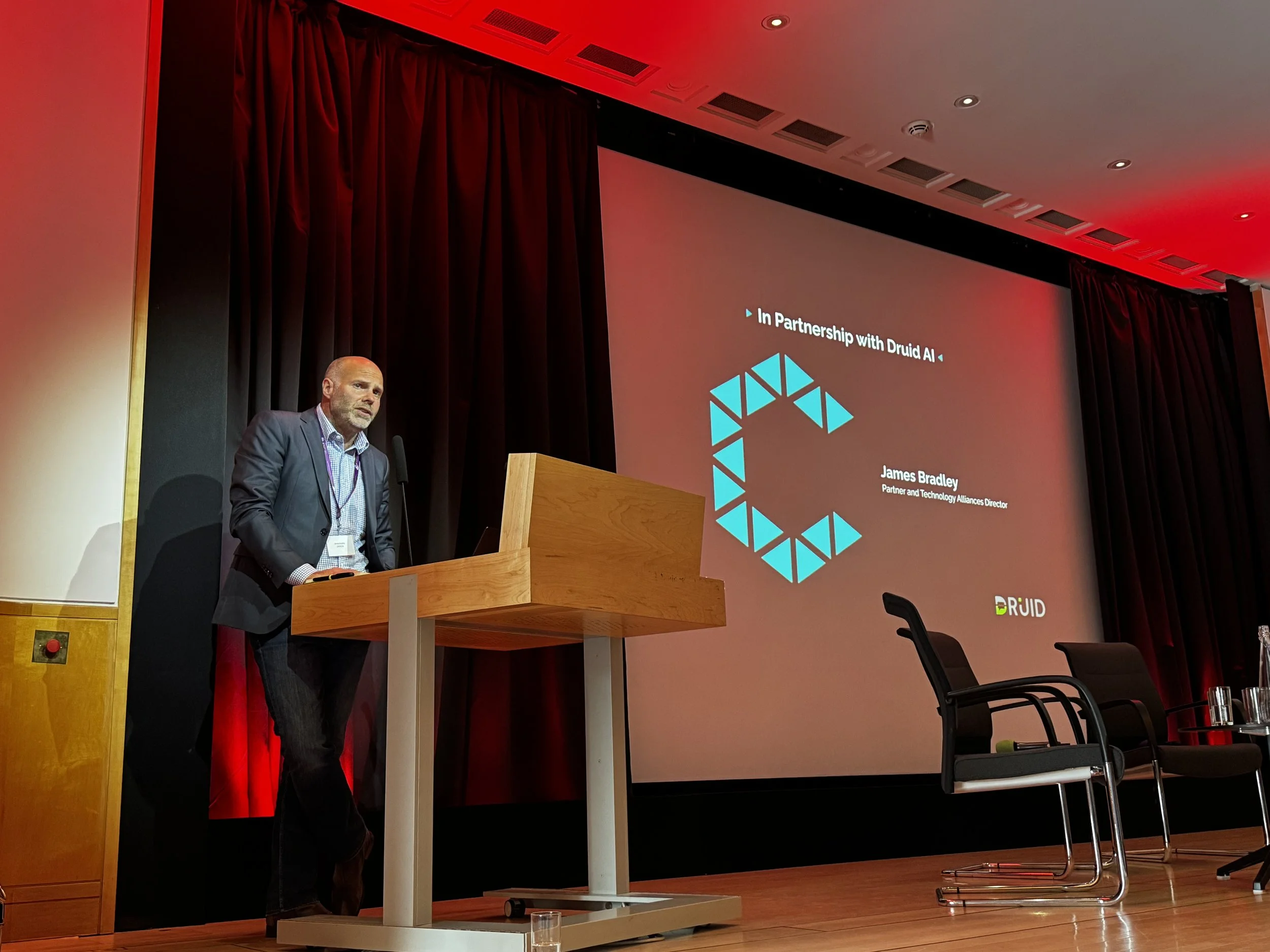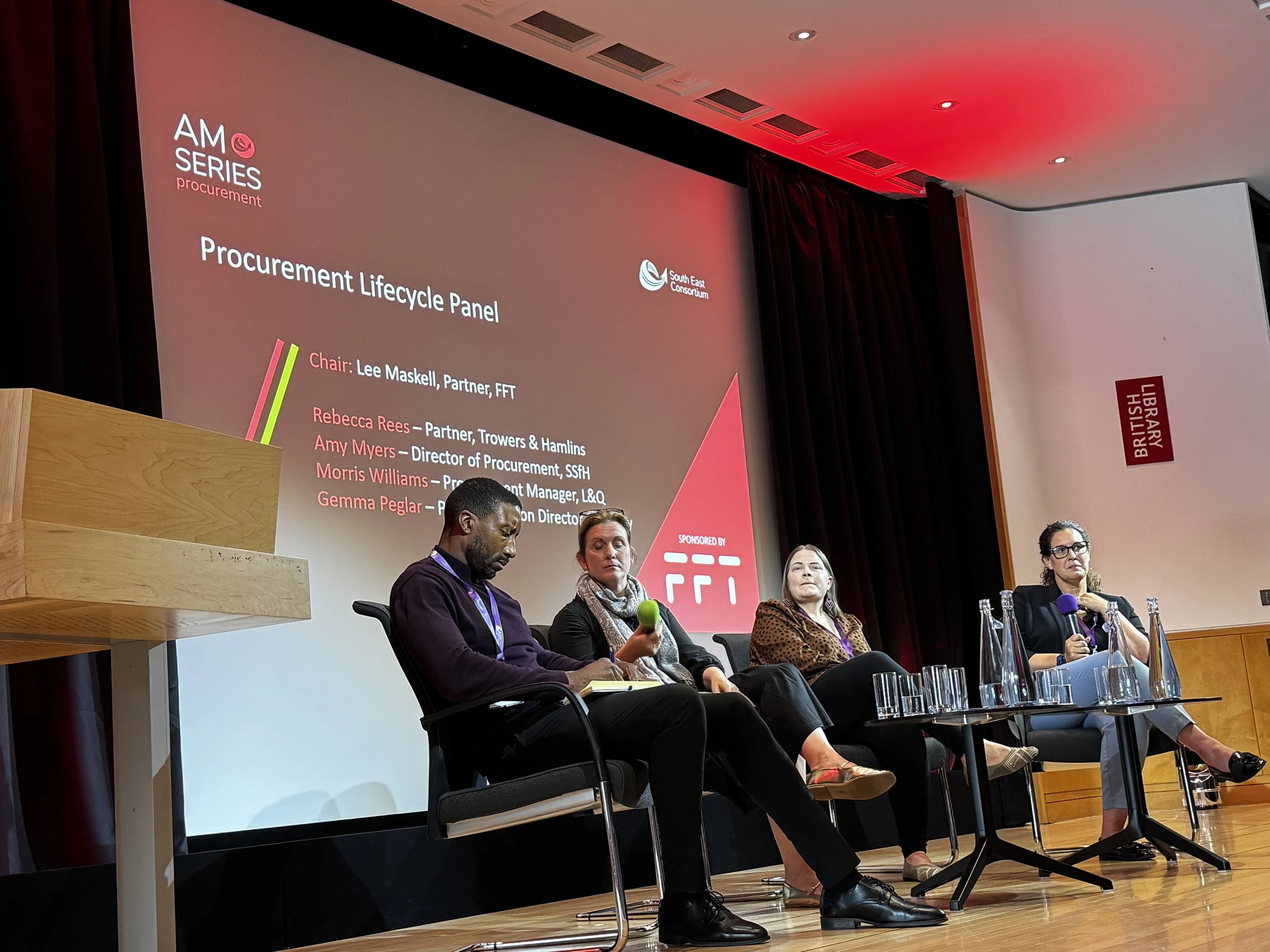AI in Public Procurement – Can an AI Agent be a “Subject Matter Expert” (SME)?
On 4th June 2025, I was invited to speak at the South East Consortium (SEC) Procurement AM Conference on all things “Artificial Intelligence” (AI). In particular, how AI would be shaping procurement in the future. I was joined by Russell Amos of Cleartec and James Bradley of Druid AI. Between us, we explored the opportunity that AI could bring into the procurement space and in particular, to improve efficiency and automate admin-heavy tasks. We also considered the challenges.
The focus of my presentation was on the evaluation of a public tender and the role that AI can play in that process. In particular, I posed the question, “Can an AI Agent be a “Subject Matter Expert” (SME)?”
Who is the Subject Matter Expert?
The starting point is always the law and what the Procurement Act 2023 says about the SME. In short, it says nothing! Section 23 of the Act is about Award Criteria which outlines the requirements for setting award criteria, emphasising that they must:-
Relate to the subject matter of the contract.
Be clear, measurable, and specific.
Not breach rules on technical specifications.
Be a proportionate means of assessing tenders, considering the nature, complexity, and cost of the contract.
Be accompanied by the “assessment methodology” describing how tenders are to be assessed by reference to the award criteria
However, it doesn’t define how to evaluate against the Award Criteria or define what/who the SME is. Some guidance on assessment of contracts is provided by the Government Commercial Function in Module 7: Assessment and Award of Contracts, but again, no mention of the SME.
What the Act is clear on is the need to have an “Assessment Methodology” (AM) and I think this is where the Contracting Authority (CA) can be explicit about what the SME is. For example, the AM should state the following:-
The names of the SMEs and their qualifications;
Which parts of the tender they will be evaluating. It is quite common for different SMEs to evaluate different parts of a tender;
Evidence of the SME’s experience and competence. I suggest that this is a CV of each SME.
Bechtel Ltd v High Speed Two (HS2) Ltd EWHC 458 (TCC) provides some authority on what an SME is:
“They are likely to know the subjects in which they are expert. That is not to say that they can never be wrong. However, the court will recognise their competence.”
This case highlighted where the competence of a SME is questioned, then it will be up to the Court to determine if a “manifest error” has taken place. In Bechtel v HS2, the challenge related to the scores awarded by the SME prior to moderation and this changing following moderation. The challenge was dismissed by the Court on the basis that there would need to be a high threshold to be satisfied that an error in evaluation is in fact manifest.
Could an AI Agent be a SME?
As of today, I would say that the answer would be “No” but ask me again in a couple of years and the answer may well be very different. The problem with an AI Agent now is that it lacks human intuition and contextual understanding. Although not in the EU anymore and therefore not directly applicable to the UK (it will apply where UK AI Providers operate in the EU), the new EU Artificial Intelligence Act (AI Act) provides some guidance on risk. Anything involving legal decisions, would be classed as “High Risk” and one of the requirements to mitigate that risk is defined as “Human Oversight”. So, although an AI Agent could be deployed as a SME, it would need a human to check what it does.
There is also the issue of bias. You could argue that an AI Agent would have no bias because it doesn’t have the cognitive ability to form opinion. However, this is wrong. In the US, where the Courts used the AI Software, COMPAS to assess sentencing, it found that it trawled previous sentences issued by the Court, which were themselves bias, particularly against Afro-Americans. As a result, the sentencing applied to Afro-Americans were still higher than White-Americans, and this was largely due to the data it was using to form its assessment. In other words, rubbish in, rubbish out.
So, could an AI Agent be a SME? Well, “Yes”, but it would need educating and policies and guard rails put in place. The AI Agent could be directed to operate in a closed system, thereby limiting its learning to what it is fed. In other words, good stuff in, good stuff out! But a word of warning in the procurement space. “Good Stuff In” doesn’t mean providing it with model answers for the Agent to apply its thinking to. “Mears Ltd v Leeds City Council” provides authority on why this should not be practiced.
There is clearly work to do on this, but as with any new tech, it is a fast-evolving area and I would not be surprised if the AI Agent could not fulfil the role of the SME within the next two years. In the meantime, a “Proof of Concept” approach should be adopted. For example, it would be a good idea to undertake an evaluation with the human SME and then run the same evaluation via the AI Agent and then compare the outputs. This should continue until the degree of alignment is around 95%. Only then can we be confident of applying it in this way and only with “Human Oversight”.
What can an AI Agent do now to support public procurement?
I am of the view that the most sensible approach would be to use the AI Agent in undertaking the routine tasks of a procurement process, together with “Human Oversight”. Typically, this could include:-
Processing manual tasks such as Pass/Fail criteria and completeness of tender submission;
Automating clarification questions and answers at all stages and other notifications – subject to “Human Oversight” before issue;
Generating “Assessment Summaries” – subject to “Human Oversight” before issue;
Analysing prices/rates for errors/omissions and computing results – to enable the CA to raise the relevant clarifications, particularly if these result in an “abnormally low tender”;
Providing an “alternative” assessment of a tender to enable comparison with the human SME and highlight any failings, omissions or errors. In this case, this will be fed back to the human SME to review and re-assess.
AI clearly has a role to play in public procurement, in fact, any type of procurement. It should not be viewed as a threat, but as an opportunity to improve procurement practice and enhance the profession and practice of public procurement.
Find out more
Neil Thody is a Fellow of the RICS, leading procurement specialist, CEDR/RICS Mediator, RICS Adjudicator, Expert Witness and Independent Adviser, working with clients across multiple sectors.
